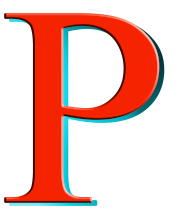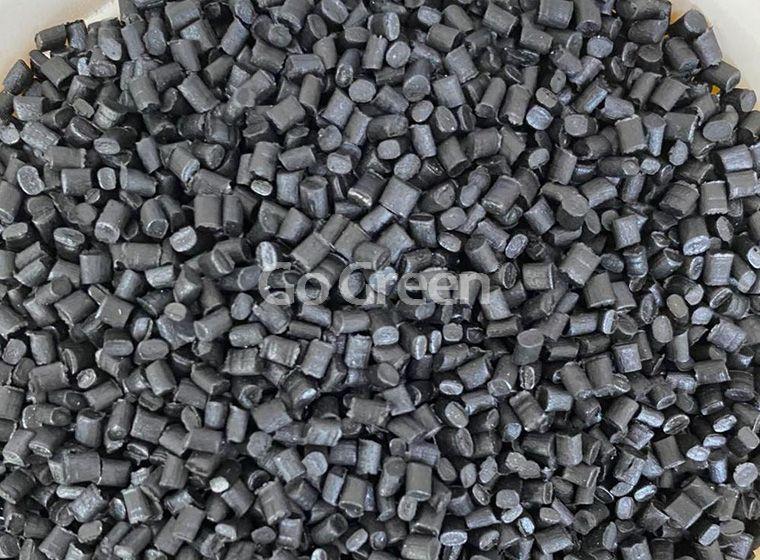The report "Asphalt Additive Market by Type (Polymeric Modifiers, Anti-Strip & Adhesion Promoters, Emulsifiers, Chemical Modifiers, Rejuvenators, Fibers, Flux Oil, Colored Asphalt), Application, Technology And Region - Global Forecast to 2028", The asphalt additive market is projected to grow from USD 4.0 billion in 2023 to USD 5.8 billion by 2028, at a CAGR of 7.7% from 2023 to 2028. increase in government expenditure on infrastructure across the countries can be attributed to the increasing construction of roads and other public infrastructure development projects for improved transportation and enhanced connectivity between important economic centers in these countries. These factors are driving the consumption of asphalt additives across the world.
Browse in-depth TOC on "Asphalt Additive Market"
544 – Tables
55 – Figures
348 – Pages
Download PDF Brochure: https://www.marketsandmarkets.com/pdfdownloadNew.asp?id=156734514
By type, the polymeric modifiers segment is estimated to have the largest share of asphalt additive market from 2023 to 2028, in terms of volume.
Based on type, the asphalt additive market has been segmented into Polymeric Modifiers, Anti-strip & adhesion promoters, Emulsifiers, Chemical Modifiers, Rejuvenators, Fibers, Flux Oil, Colored Asphalt, and others. The polymeric modifier segment of the asphalt additive market is projected to lead during 2023 to 2028. High-performance polymeric modifiers with improved characteristics have been created as a result of improvements in polymer technology. The asphalt can handle significant traffic loads and severe weather conditions due to enhanced adhesion, resistance to deformation, and elasticity of these modifiers. Thus, the application of polymeric modifiers in the asphalt industry is boosted by the ongoing improvement in polymer technology.
By application, the roofing segment is expected to grow at the fastest rate during the forecast period, in terms of value.
Based on application, the asphalt additive market has been segmented into road construction & paving, roofing, airport construction, and others. The roofing segment is expected to grow at the highest CAGR during the forecast period, in terms of value. The demand for roofing materials is fueled by increased infrastructure development, including industrial, residential, and commercial construction projects. With the expansion of the construction sector, the need for asphalt-based roofing materials is increasing. Asphalt additives can improve the performance of roofing materials, weather resistance, and waterproofing, making them acceptable for harsh weather conditions. These factors further fuel the growth of this segment.
Request Sample Pages: https://www.marketsandmarkets.com/requestsampleNew.asp?id=156734514
By region, the Asia Pacific segment is estimated to have the largest share of the asphalt additive market from 2023 to 2028, in terms of volume.
Based on region, the asphalt additive market has been segmented into Asia Pacific, North America, Europe, Middle East & Africa, and South America. The Asia Pacific region of the asphalt additive market is projected to account for the largest share during the forecast period. Governments in nations like China, India, and Southeast Asian countries are making significant investments in developing and enlarging their transportation networks, including their airports, roads, and highways. The need for additives for asphalt has increased as a result of the growth in infrastructure development projects. The increasing economy and rising disposable incomes of the region have raised demand for better transport facilities. Asphalt additives play a major role in enhancing the performance and durability of roads, thus driving their demand in this region.
Asphalt Additive Market Key Players
Nouryon (Netherlands), Dow (US), Arkema SA (France), Honeywell International Inc. (US), Evonik Industries (Germany), Huntsman Corporation (US), Kraton Corporation (US), Ingevity Corporation (US), and BASF SE (Germany) are some of the leading players operating in the asphalt additive market.
Ingevity Corporation (US)
Ingevity Corporation is a manufacturer of specialty chemicals and high-performance carbon materials. The specialty chemical products are used in a range of high- performance applications, such as pavement technologies, oil field technologies, and industrial specialties. The company operates its business through two segments, namely, Performance Materials and Performance Chemicals. The performance materials segment offers automotive carbon products used in gasoline vapor emission control systems in cars, trucks, motorcycles, and boats. The performance chemicals segment provides products derived from pine chemicals used in asphalt paving, oilfield technologies, and other diverse industrial specialty applications, such as adhesives, agrochemical dispersants, publication inks, lubricants, and petroleum.
Inquire Before Buying: https://www.marketsandmarkets.com/Enquiry_Before_BuyingNew.asp?id=156734514
Grupo Dynasol (Spain)
Grupo Dynasol is one of the major producers in the synthetic rubber and rubber chemical markets. In 1999, Repsol and KUO group jointly started a global business project, which primarily focused on the manufacturing of synthetic rubber based on solutions and the development of new products. The company has production sites in Santander and Altamira in Spain and Tamaulipas in Mexico. The total production capacity of Solution Styrene Butadiene Rubber (SSBR) and Styrene Butadiene Styrene (SBS) is 110,000 tons per year and 112,000 tons per year in Altamira and Santander, respectively. It also has a joint venture in China, which has a production capacity of 100,000 tons per year of SBS and SSBR. Some of the markets served by this segment are adhesives, asphalt modification, polymer modification, seals, shoe soles, thermoplastic compounds, and industrial vulcanized articles.

